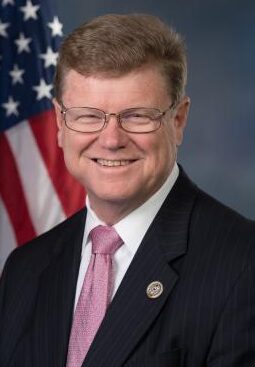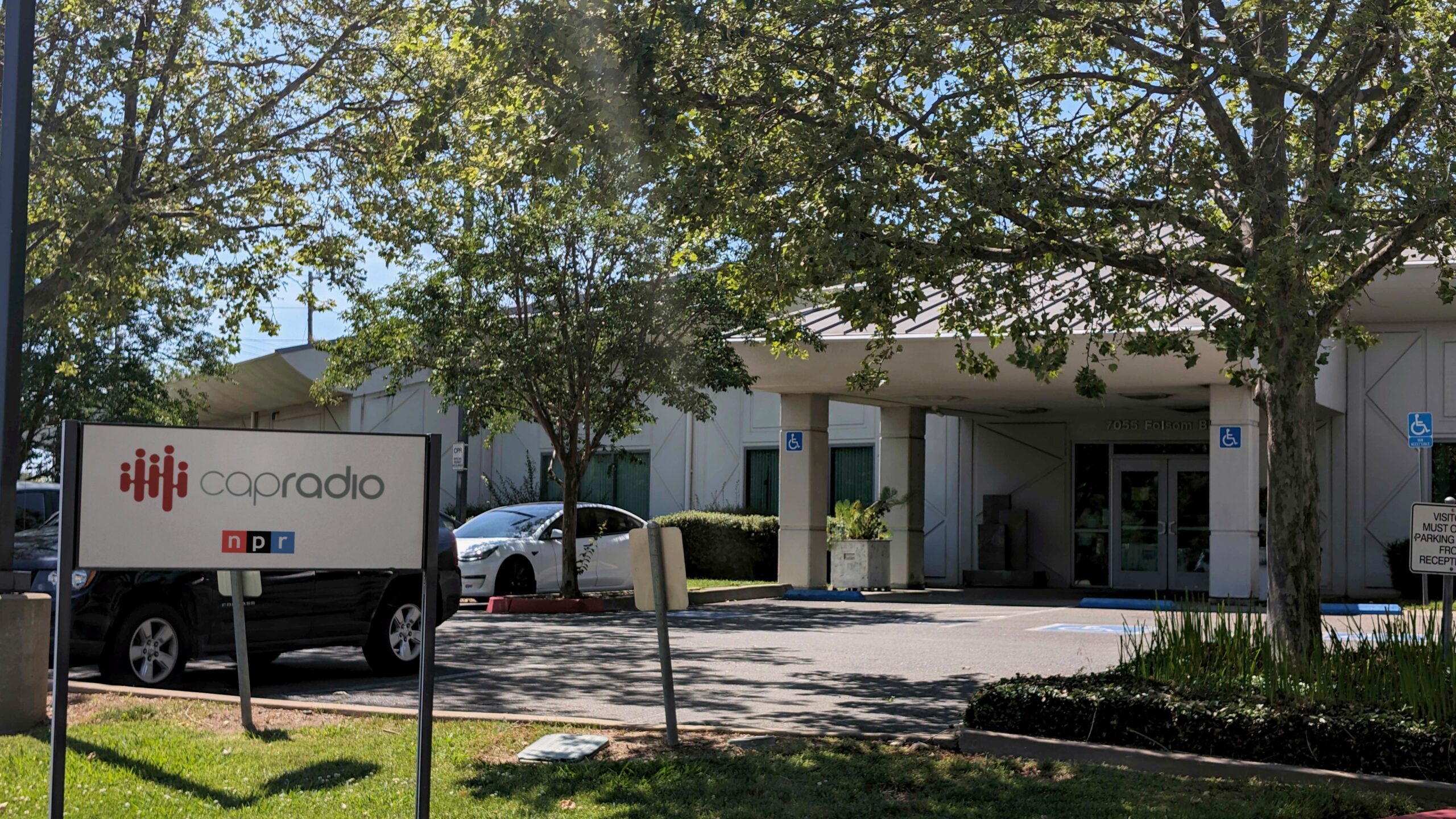Public media leaders look to Senate to preserve CPB funding

Wikimedia Commons
The fight to preserve public media’s federal support has turned to the Senate following Thursday’s House vote to rescind nearly $1.1 billion in CPB funding.

Meanwhile, a House Republican said he will keep working to make the case for public media’s federal appropriation.
Rep. Mark Amodei (R-Nevada), a co-chair of the Public Broadcasting Caucus, was one of four Republicans who voted against the rescission bill targeting CPB and foreign aid programs. After the House’s 214-212 vote to approve the $9.4 billion package, Amodei issued a statement calling for more discussion.
“If we do not have time to think about it, we sure as hell have time to talk about it before [Oct. 1] when the impacts of these rescinded funds would start to be felt,” Amodei said in the statement.
“This is forward funding,” Amodei said. “So, before we trigger major consequences for our local public broadcasting stations throughout the West and other rural areas, we need more discussion — rather than railroading folks over the East Coast’s editorials and indiscretions.”
Amodei said he agrees that Congress must make meaningful budget cuts to shrink the federal deficit, but the debate over public media isn’t over.
“I’m sure we will be voting on this again before the cake is fully baked, so I look forward to working with my colleagues to improve and protect this infrastructure our rural communities rely on,” Amodei said.
President Trump proposed clawing back $535 million annually in CPB’s forward-funded appropriations for fiscal years 2026 and 2027 as part of the package sent to Congress June 3.
The measure needs only a simple majority to pass the Senate. Leaders of public media’s national organizations in Washington called on the Senate to preserve federal funding.
“We urge the Senate to preserve the bipartisan support that has uplifted public broadcasting’s essential services in this country for the last 50 years, underscored press freedoms within every station and with each producer, and ensured the protection of the unique, universal, and lifesaving value of the public media system,” NPR CEO Katherine Maher said in a statement posted online. “We urge the Senate to affirm the very real support for public media across the nation, and to reject rescission, maintaining critical services for Americans across the nation.”
PBS said in an online statement that public media’s supporters are joining the fight to protect public media.
“During this process we have heard from millions of people from across the country who rely on PBS and local member stations for information and educational media that can’t be found anywhere else, and we know that the American people will continue to stand up in support of our work as we turn our attention to the Senate,” PBS said.
Messages accompanying Maher’s and PBS’ online statements urge visitors to join the Protect My Public Media advocacy campaign and email their senators.
America’s Public Television Stations President and CEO Kate Riley warned Thursday that the rescission would lead to immediate and serious cuts to local stations’ services and in some cases station closures, particularly in rural areas.
“America’s Public Television Stations now look to the U.S. Senate to reflect the clear will of the American people and the long history of bipartisan support for our work, and continue the federal investment in local public television stations’ essential missions of public safety, education and community connections,” Riley said in a statement.
“Every dollar from CPB brings nearly seven more from state, local, and private donors — the kind of return any taxpayer would insist upon,” CPB President Patricia Harrison said in a statement. “Cutting off federal funding to public media will not only damage local stations, it will be disruptive for millions of Americans who rely on it for news and information that helps them make decisions about their lives and participate in their communities.”
In her statement, Maher offered thanks to both leaders of the Public Broadcasting Caucus, Rep. Dan Goldman (D-N.Y.) and Amodei.
“In the spirit of their bipartisan support, we will continue to advocate for public media’s essential service to all Americans across our nation,” Maher said.







This last stand won’t be won in news articles, press releases, or editorial columns. It will be one in one-on-one sessions with sitting U.S. Senators. And in my humble opinion, those meetings won’t be effective unless they’re paired with consequential constituents of those Senators, (their donors, their local business leaders, their local leaders of important institutions). So how do we make that happen? Call in our networks, boards, high level donors to make those contacts in THEIR networks. Who do they know? We can do this, but only if it is boots-on-the-ground, tactical. Public pronouncements, and email campaigns won’t matter.